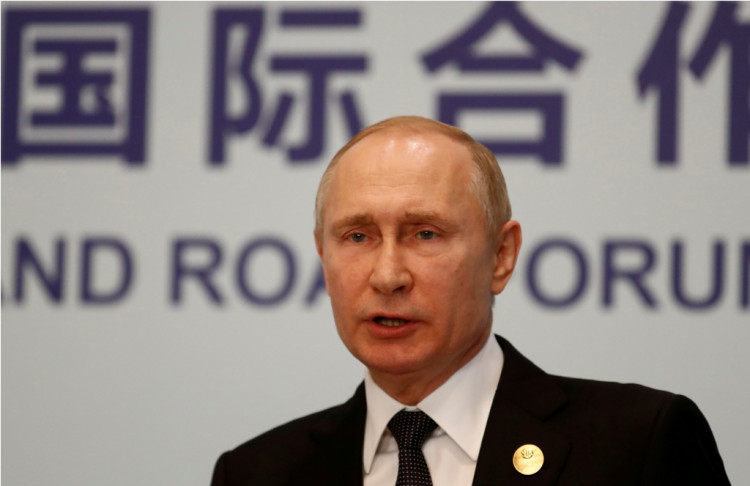Russia's long-suffering economy will suffer some more this year, mainly on account of debilitating oil production cuts.
The World Bank on Tuesday slashed its 2019 economic growth forecast for Russia to 1.2% from 1.5%, which is surprisingly still higher than the 0.8% growth predicted just last week by the Ministry of Economic Development of the Russian Federation.
The World Bank, however, maintained its 2020 and 2021 growth forecasts for the Russian economy at 1.8%.
"Tighter monetary policy combined with a value-added tax hike at the beginning of 2019 is also contributing to weaker growth momentum in the remainder of 2019," said the bank in its latest report on the Russian economy.
The report noted that Russia's average daily oil output plummeted to a three-year-low in June after contaminated crude clogged its main export route.
It said private investment, which in the past was a major growth driver for Russia, will remain subdued "due to policy uncertainty and prospects for slowing potential growth over the longer term due to worsening demographic pressures."
The bank's pessimistic estimate for Russian growth almost jibes with official Russian figures.
The Central Bank of Russia (CBR) in December 2018 forecast growth to range from 1% to 1.5% for 2019. Russian economic analysts said this estimate now looks overly optimistic given that preliminary official figures from Rosstat show GDP in the first three months of the year rising at only 0.5% year-on-year.
This paltry growth was well below even the most cautious forecasts, said, analysts.
Part of the reason for the disappointing GDP number is the failure of the much-ballyhooed 12 national projects to live up to their promise of jump-starting growth. These 12 projects championed by president Vladimir Putin were supposed to have led to investments in the economy of more than $390 billion.
This has not come to pass and Putin's administration is still debating over how much to allot to which project. This massive spending is supposed to boost GDP growth to over 3% by 2021, but economists now admit this goal is wholly unrealistic given the present indicators.
Economists noted that state investment remains Russia's main driver of economic growth. Foreign direct investment (FDI) has plunged next to nothing on account of painful economic sanctions imposed by the United States, the European Union, and their other allies.
Also adding to Russia's stagnant economy are the weak consumption due to the unpopular pension age increase and a higher VAT in January. Global warming is also to blame as the warmer winter slashed utility output, which is a big contributor to GDP. Much slower growth of state military orders is also to blame for the GDP slowdown.






